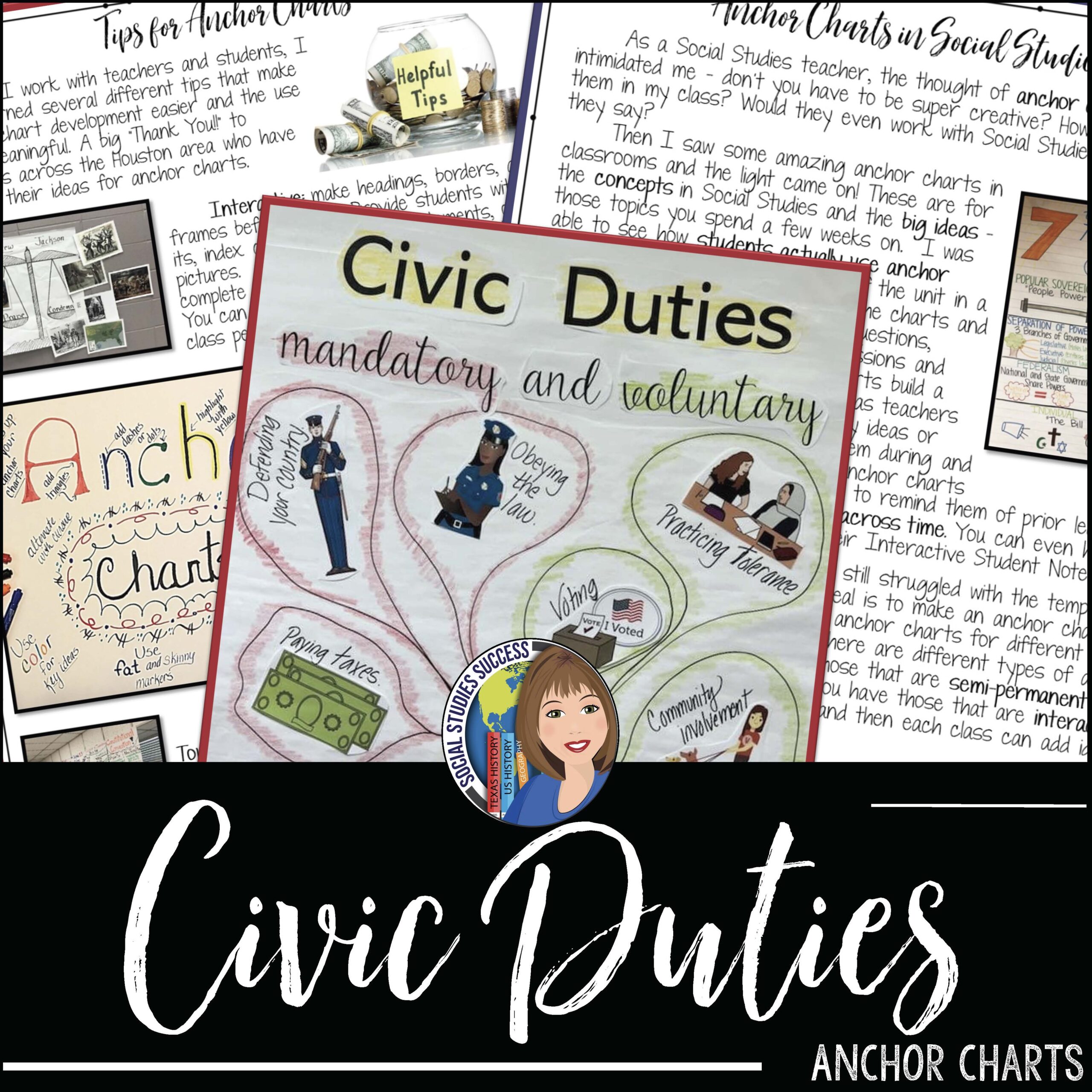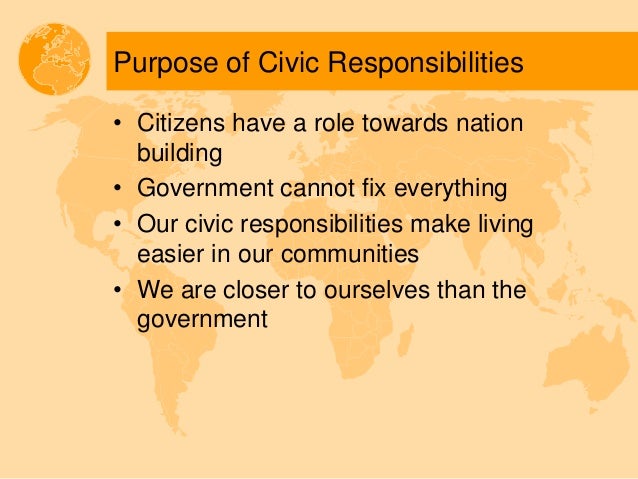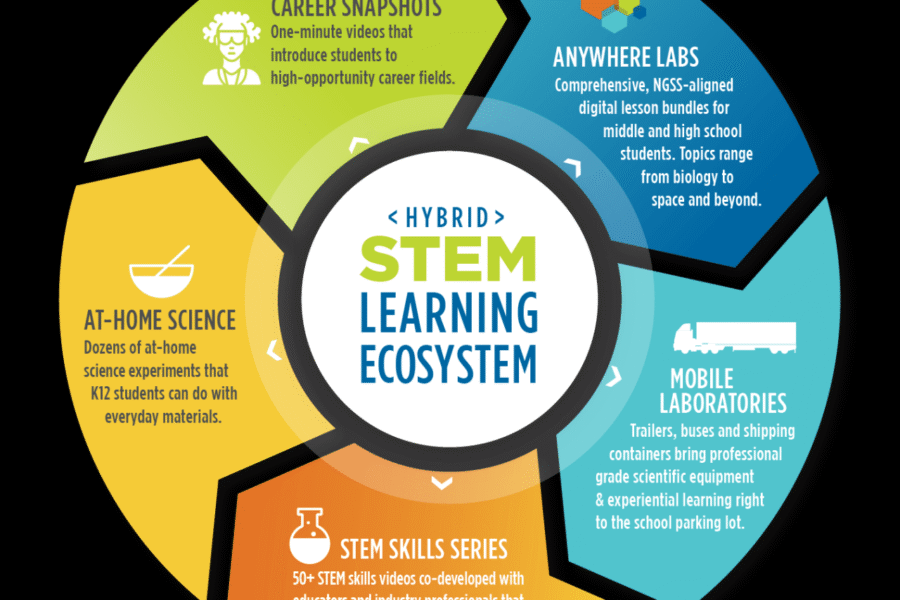Cultivating Engaged Citizens: Academic Resources for Developing Civic Responsibility With enthusiasm, let’s navigate through the intriguing topic related to Cultivating Engaged Citizens: Academic Resources for Developing Civic Responsibility. Let’s weave interesting information and offer fresh perspectives to the readers.
Cultivating Engaged Citizens: Academic Resources for Developing Civic Responsibility
In a world grappling with complex challenges – from climate change and economic inequality to political polarization and social injustice – the need for engaged and responsible citizens has never been greater. Yet, navigating the complexities of civic engagement can feel daunting. Where can individuals find the knowledge, skills, and opportunities to make a meaningful impact? The answer lies within the vast resources offered by academic institutions.
This blog post will explore the diverse academic resources available for cultivating civic responsibility, offering actionable insights for individuals seeking to develop their civic engagement skills. We’ll delve into:
1. Curricular Pathways:
- The Power of Interdisciplinary Studies: Beyond traditional political science or sociology courses, interdisciplinary programs like Public Policy, Global Studies, or Social Justice Studies offer a holistic understanding of societal issues. These programs often combine theoretical knowledge with hands-on experience, allowing students to analyze complex problems from multiple perspectives.
- Service-Learning and Community Engagement: Many universities offer service-learning courses, integrating volunteer work or community projects into the curriculum. This experiential learning model fosters empathy, builds practical skills, and cultivates a sense of responsibility towards one’s community.
- Civic Engagement Centers: Universities often house dedicated centers or offices dedicated to promoting civic engagement. These resources can provide information on volunteer opportunities, political action, community organizing, and even connect students with local nonprofits.

2. Extracurricular Opportunities:
- Student Organizations: Joining student groups focused on social justice, environmental activism, or political engagement provides a platform for like-minded individuals to collaborate, organize, and make a difference.
- Model United Nations (MUN) and Mock Trials: Participating in MUN or mock trials offers a unique opportunity to engage in debate, diplomacy, and critical thinking, developing crucial skills for effective civic engagement.
- Research and Advocacy: Students can contribute to research projects exploring societal issues or work with advocacy groups to raise awareness and promote change.
3. Online Resources and Platforms:
- Open Educational Resources (OER): Free and open access to online courses, textbooks, and other educational materials offer valuable knowledge and skills for civic engagement. Platforms like Coursera, edX, and Khan Academy provide a wealth of resources on topics ranging from political science to social justice.
- Online Forums and Communities: Engage in online discussions, connect with experts, and participate in virtual campaigns on platforms like Reddit, Twitter, and Facebook groups dedicated to civic engagement and activism.
- Digital Tools for Civic Action: Utilize digital tools like online petitions, social media campaigns, and data visualization platforms to amplify your voice and mobilize others for social change.

4. Developing Essential Skills:
- Critical Thinking and Analysis: Develop the ability to critically analyze information, identify biases, and evaluate evidence to form informed opinions and make sound decisions.
- Communication and Persuasion: Master the art of effective communication, both written and oral, to articulate your views, engage in constructive dialogue, and build consensus.
- Collaboration and Leadership: Learn to work effectively with others, build consensus, and inspire action through collaborative projects and leadership roles within student organizations or community initiatives.
Actionable Insights for Cultivating Civic Responsibility:
1. Identify Your Passions and Values: What issues are most important to you? What values guide your actions? Reflecting on your passions and values will help you identify areas where you can make a meaningful contribution.
2. Seek Out Learning Opportunities: Explore the diverse academic resources available, from interdisciplinary programs and service-learning courses to student organizations and online platforms.
3. Develop Essential Skills: Focus on developing critical thinking, communication, and collaboration skills to become an effective and impactful citizen.
4. Get Involved in Your Community: Volunteer your time, participate in local events, and connect with organizations working on issues you care about.
5. Stay Informed and Engaged: Stay up-to-date on current events, engage in thoughtful discussions, and participate in political processes to contribute to shaping a better future.
Conclusion:
Academic institutions offer a wealth of resources for developing civic responsibility, empowering individuals to become active and engaged citizens. By leveraging these resources, individuals can acquire the knowledge, skills, and opportunities to make a positive impact on their communities and the world at large. Remember, fostering civic responsibility is a continuous journey, requiring ongoing learning, engagement, and a commitment to making a difference.
Closure Cultivating Engaged Citizens: Academic Resources for Developing Civic Responsibility
Thus, we hope this article has provided valuable insights into Cultivating Engaged Citizens: Academic Resources for Developing Civic Responsibility. We thank you for taking the time to read this article. See you in our next article!
Related Articles: Cultivating Engaged Citizens: Academic Resources for Developing Civic Responsibility






Leave a Comment